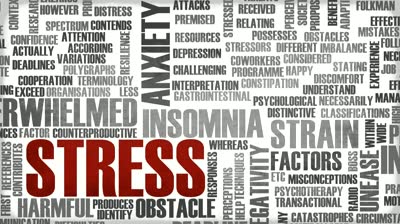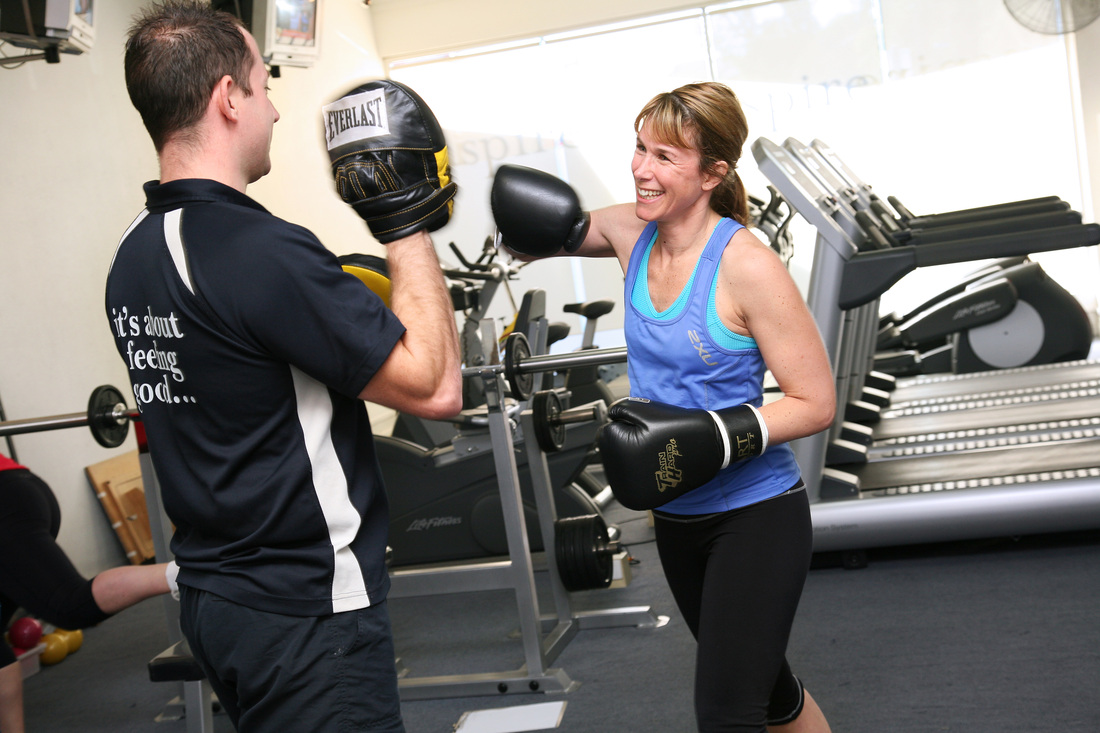|
Stress is sometimes thought of as a mild form of anxiety. Unfortunately for many, it has become an accepted part of their daily existence. During one-on-one sessions, it is common for my clients to tell me about the pressures they feel at work, at home, within the community…not to mention the pressures they have put on themselves. It can become a cycle of unease which can become a downward spiral that negatively impacts all domains of health and wellbeing. To better understand how you get stressed, think about what typically triggers your stress response. Sometimes stress comes about because we are faced with a situation of high personal importance, and we may feel unable to cope with the pressure and unable to perform at our best. The biological response is to increase our preparedness to deal with the stressor, what’s known as the “fight or flight” response. An increased release of stress hormones occurs, which then increases sweat rate, heart rate, muscle tension, and alertness. When we are constantly exposed to stressors, we find ourselves functioning like an army…constantly preparing for battle and seeing threats everywhere! I’m sure you’ve heard that exercise is a great stress reliever, but do you know why? Let’s look at 5 ways that exercise reduces stress. Whether it be a 5 km run, several laps of the pool, or undertaking personal training or exercise physiology sessions, the day’s pressures can dissipate when you shift your focus to your body’s movements and physical tasks completed at moderate to vigorous intensity. While you cannot run away from your stress, you can give your brain and body the chance to “reset”, so that you can address the source of your stress with a clearer and calmer mind set. Exercise releases “happy hormones” known as endorphins, which lead to feelings of euphoria and contentedness. These “feel good” neurotransmitters can help to combat the negative effects of stress. EXERCISE IMPROVES SELF-CONFIDENCE Regular exercise can boost our self-esteem and decrease symptoms of anxiety and depression. Exercise can also help to build our stress tolerance, which can change our view of what constitutes a stressful experience. EXERCISE CAN IMPROVE SLEEP QUALITY Exercise can help maintain or improve sleep quality and healthy sleep patterns, which can become disrupted by stress, anxiety, and depression. EXERCISE ALLEVIATES PHYSICAL TENSION Stress can contribute to aches and pains developing in the neck, shoulder, and back. By engaging in appropriate exercise that is tailored for your body, exercise can actually alleviate physical tension. If you are feeling the pressures of life and are interested in undertaking physical activity, feel free to have a chat with one of our friendly Exercise Physiologists. We’ll teach you how exercise can help you get you back on track. Remember, it’s about feeling good! Written by Jessica Luke, Accredited Exercise Physiologist.
1 Comment
|
exercise physiologist Categories
All
Exercise Physiologist Blog Archives
June 2021
What is an Exercise Physiologist? |
| EXERCISE PHYSIOLOGY SERVICES AT INSPIRE FITNESS FOR WELLBEING |
|
© 2022 Inspire Fitness for Wellbeing
Clinical Exercise Physiology Accredited Exercise Physiologists |

Exercise Physiology | Personal Training | Gym
North Balwyn, Melbourne, Australia Contact Us: (03) 9857 3007 317 Doncaster Rd,North Balwyn VIC 3104 |



 RSS Feed
RSS Feed